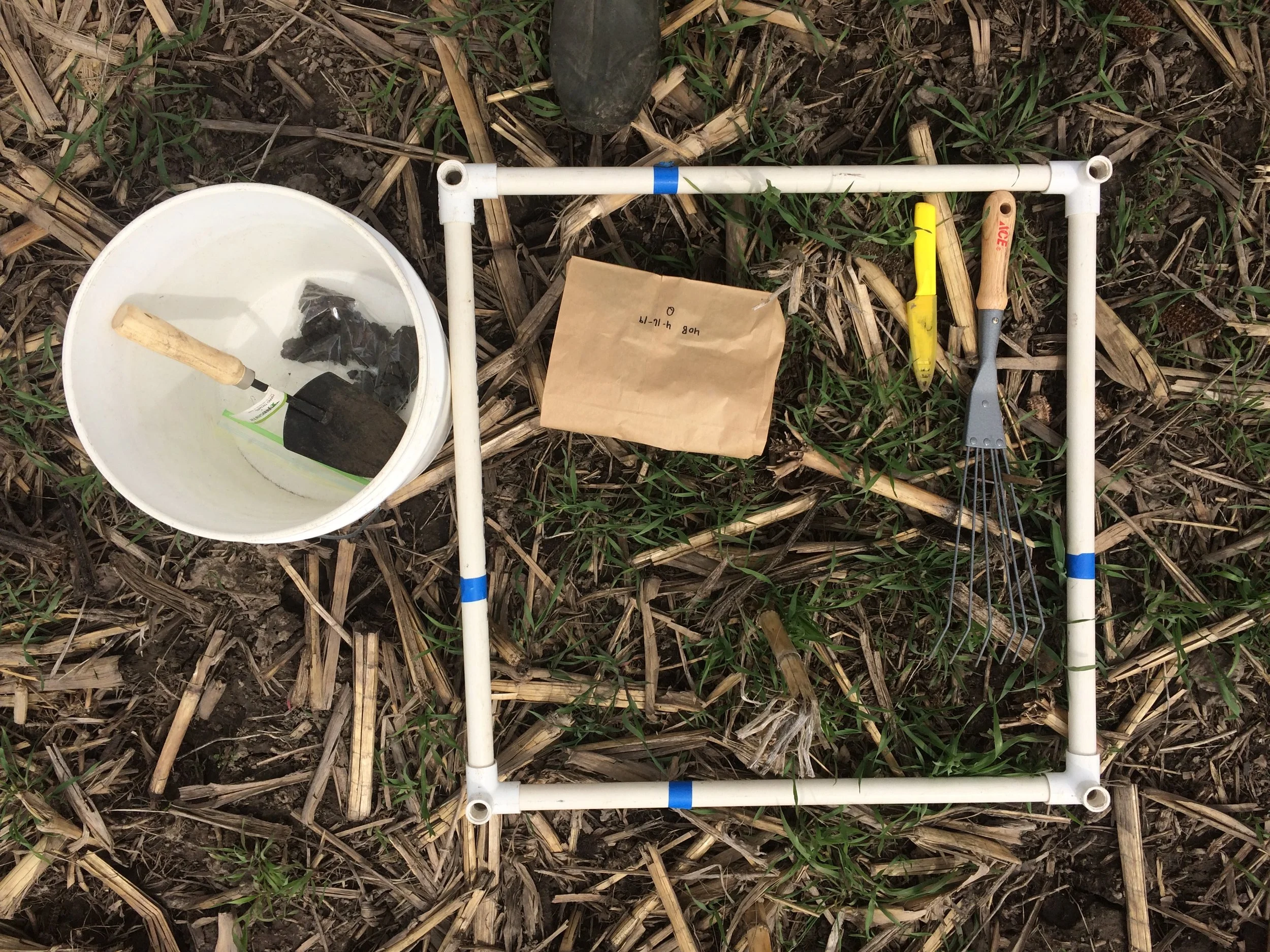Bonnie McGill
Farming for a smaller Dead Zone: How agricultural conservation practices, artificial drainage, and climate change affect water quality in Iowa
Abstract
Every year water treatment facilities (and their customers) in agricultural areas pay millions of dollars to remove high concentrations of nitrate from drinking water sources; lakes and reservoirs are closed due to harmful algae blooms; and the Dead Zone in the Gulf of Mexico keeps getting bigger. It is well documented that these problems are largely due to excess fertilizer from farm fields. But farmers are implementing voluntary conservation practices, like no-till or cover crops, intended to reduce nitrogen draining from fields into water ways. This begs the question: Why aren’t conservation practices leading to improved water quality? Until now, scientists have been unable to measure the combined effect of these conservation practices at the watershed and regional scales because of a lack of high-resolution water quality data and inaccessible spatial conservation data. Furthermore, we have been unable to predict how climate change might alter how conservation practices affect water quality. I will combine recent advances in water quality monitoring technology, satellite imagery analysis, a watershed model, together with farmer interviews, to do one of the first assessments of the efficacy of conservation practices at the regional scale using real, not modeled, data. The study will focus on the fascinating state of Iowa, one of the most agriculturally productive areas of the world and one of the biggest contributors of nitrogen to the Gulf of Mexico. I look forward to partnering with farmers through the Practical Farmers of Iowa and other groups to better understand their watersheds and co-develop solutions. In the words of Aldo Leopold, “Conservation… is a positive exercise of skill and insight, not merely a negative exercise of abstinence or caution.”
Additionally, I will compare Iowa watersheds (part of the Upper Mississippi River Basin) to agricultural watersheds in the Chesapeake Bay Basin. In recent years, water quality has shown significant improvement in the Chesapeake Bay, unlike in the Upper Mississippi River Basin. I will assess what biophysical and/or social processes are driving these different conservation outcomes. Understanding which conservation practices are and aren’t working could help members of congress prioritize funding allocated to programs in the new Farm Bill that pay farmers incentives to adopt conservation practices.
Mentors
Drs. Amy Burgin and Terry Loecke at the University of Kansas and W. Dean Hively of the USGS Eastern Geographic Science Center
Undergraduate Education
B.A. Biology, Washington & Jefferson College, 2006
Graduate Education
Ph.D. Integrative Biology, Michigan State University, 2018
Current Title and Affiliation
Senior Climate and Ecosystem Scientist at American Farmland Trust
https://farmland.org/staff/bonnie-mcgill/
Follow Bonnie on Twitter: @BonnSci



